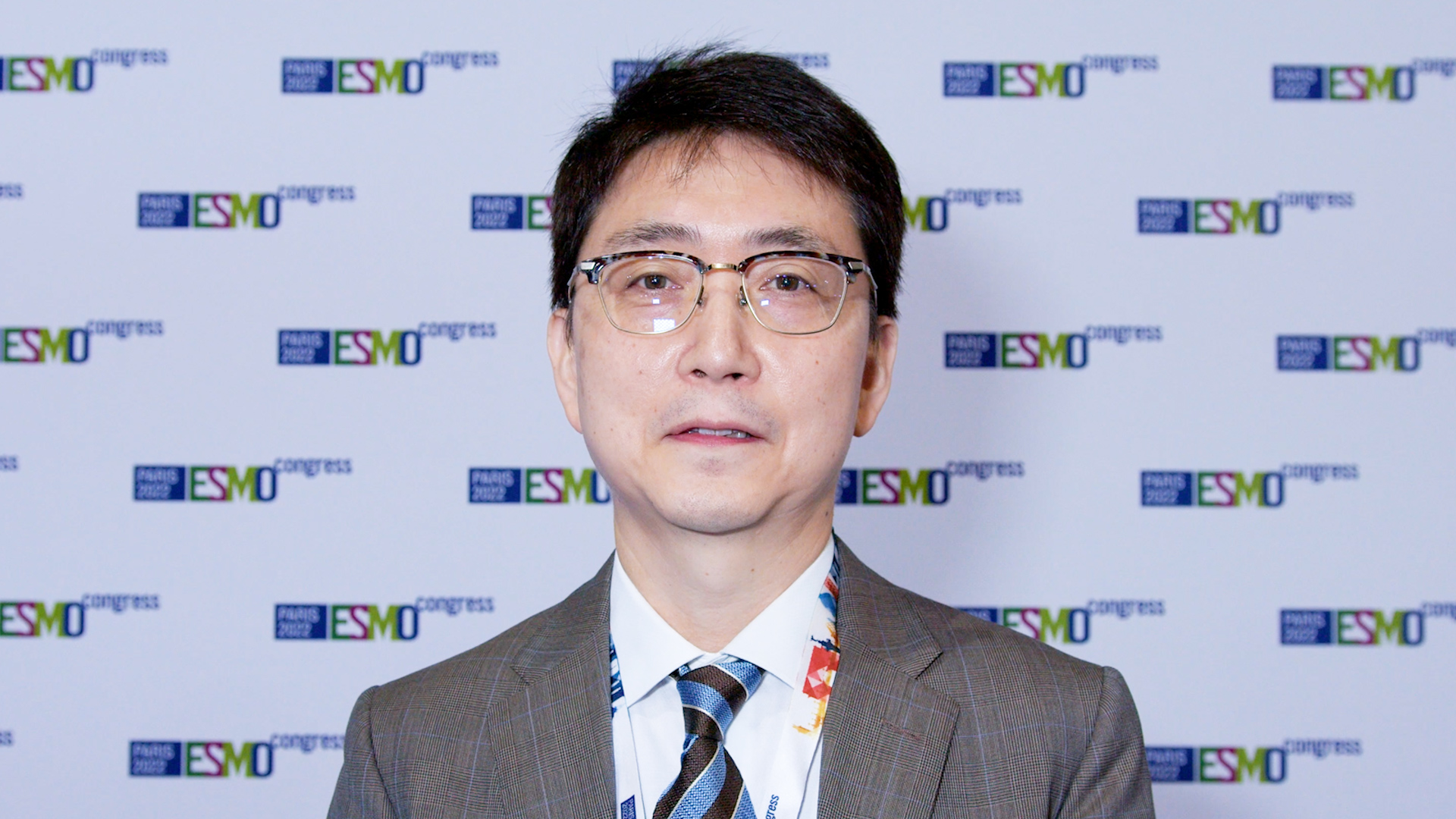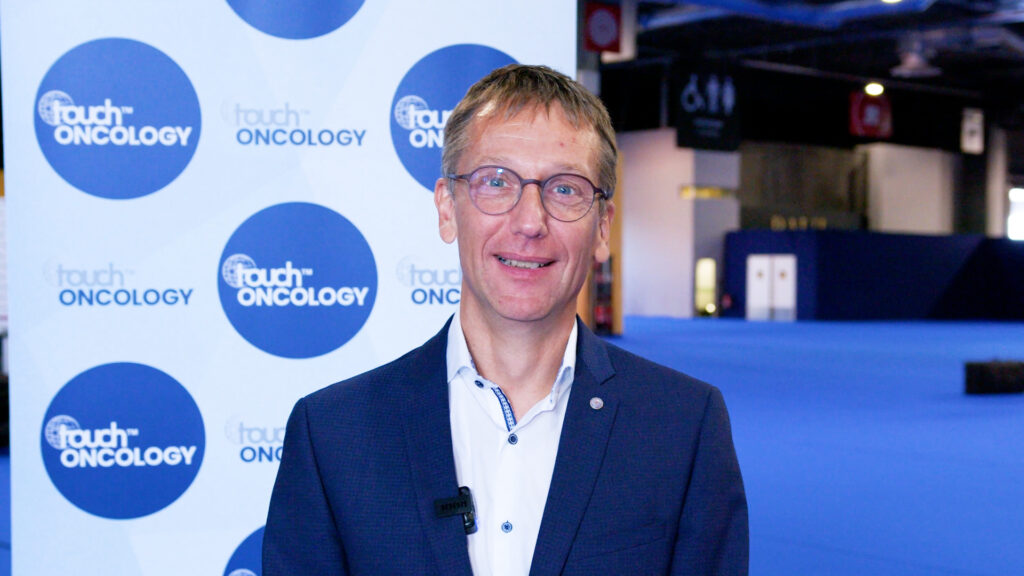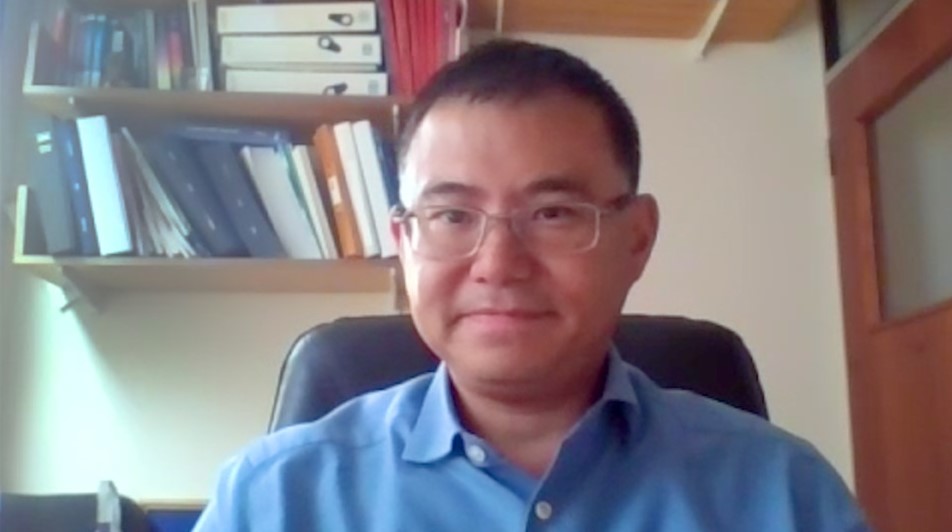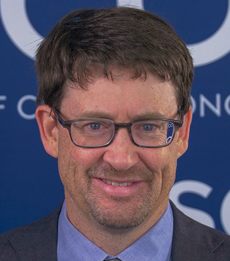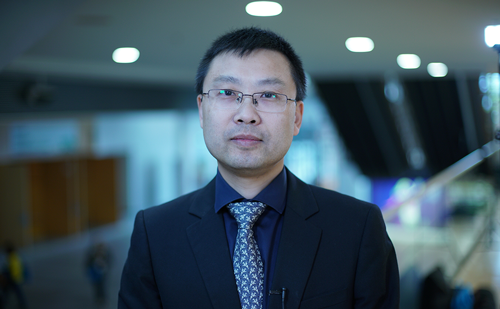Pembrolizumab is currently approved as monotherapy or in combination with chemotherapy for recurrent/metastatic head and neck squamous cell carcinoma. Dr Jean-Pascal Machiels (Cliniques Universitaires Saint-Luc, Brussels, Belgium) joins touchONCOLOGY to discuss the current limitations in treatment options, and the phase 3 KEYNOTE-412 study investigating the efficacy and safety of pembrolizumab + chemoradiation therapy (CRT) vs placebo plus CRT for locally advanced head and neck squamous cell carcinoma.
The abstract entitled ‘Primary results of the phase III KEYNOTE-412 study: Pembrolizumab (pembro) with chemoradiation therapy (CRT) vs placebo plus CRT for locally advanced (LA) head and neck squamous cell carcinoma (HNSCC)‘ Abstract LBA5, was presented at European Society for Medical Oncology (ESMO) 2022.
Questions:
- What are the limitations of current treatment options for head and neck squamous cell carcinoma (HNSCC)? (0:12)
- What is the rationale for the use of pembrolizumab in combination with chemoradiation therapy for the treatment of locally advanced HNSCC? (0:55)
- What were the aims, design and eligibility criteria of the KEYNOTE-412 study? (1:41)
- What were the primary and secondary endpoints and how well were they achieved? (2:22)
- Why do you think statistical significance was not achieved, and what further investigations are planned? (3:24)
Disclosures: Jean-Pascal Machiels is an advisory board member or speaker with honoraria (managed by my Institution) for Pfizer, Roche, Astra/Zeneca, Bayer, Innate, Merck Serono, Boerhinger, BMS, Novartis, Janssen, Incyte, Cue Biopharma, ALX Oncology, iTEOS, eTheRNA, NEKTAR, F-Star. He receives travel expenses from Amgen, BMS, Pfizer, MSD, and Gilead; is on the data safety monitoring board with honoraria for Psioxus; has an institutional conflict of interest (Funding to institution for research support) with all companies above; has an uncompensated advisory role at MSD; and is the EORTC investigator and study coordinator, and H & N group Chair.
Support: Interview and filming supported by Touch Medical Media Ltd. Interview conducted by Katey Gabrysch.

